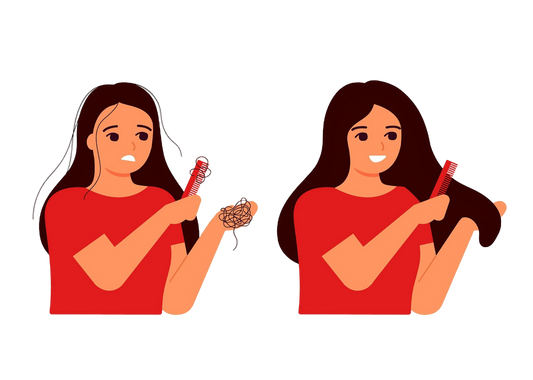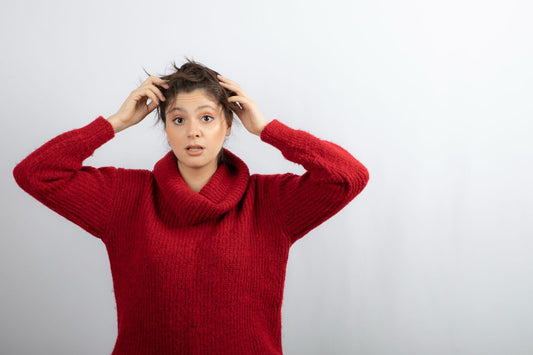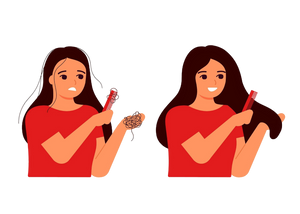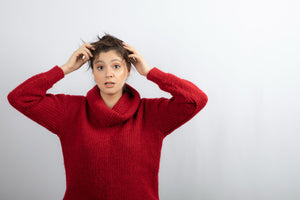Articles
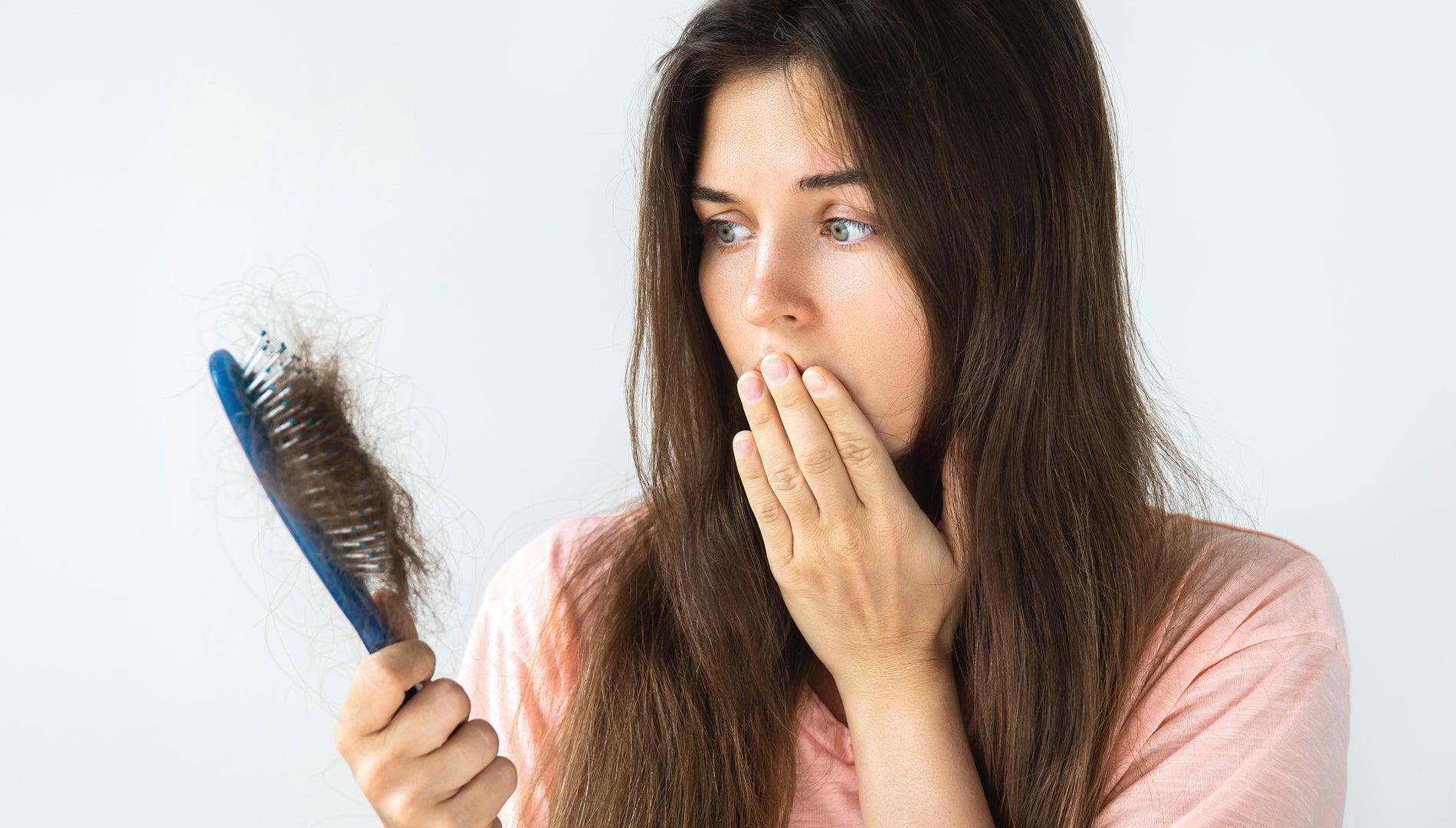
Skin Care
Hair Fall in Women: Hormonal Imbalance and Solutions
Introduction:
Hair loss is a common concern among women, and one of the underlying causes is hormonal imbalance. Hormones play a vital role in maintaining healthy hair growth, and when they are disrupted, it can lead to excessive hair fall. Conditions like polycystic ovary syndrome (PCOS) are known to have a significant impact on hair health. In this blog, we will explore the role of hormones in hair loss among women, delve into the connection between hormonal imbalance and conditions like PCOS, and offer effective tips and treatments to manage hormonal hair fall.
Understanding the Role of Hormones in Hair Loss:
Hormones are chemical messengers that regulate various bodily functions, including hair growth. The most influential hormones in hair health are estrogen, progesterone, and testosterone. An imbalance in these hormones can disrupt the natural hair growth cycle and lead to excessive shedding.
Estrogen: Estrogen promotes hair growth and prolongs the hair's growth phase. It also helps maintain the thickness and shine of the hair. A decrease in estrogen levels, such as during menopause, can lead to hair thinning and increased hair fall.
Progesterone: Progesterone balances the effects of estrogen. Low levels of progesterone can cause hair loss and lead to an imbalance between estrogen and testosterone.
Testosterone: Testosterone is a male hormone, but women also have small amounts of it. When testosterone converts to dihydrotestosterone (DHT) through an enzyme called 5-alpha reductase, it can shrink hair follicles and lead to hair thinning or baldness.
Polycystic Ovary Syndrome (PCOS) and its Impact on Hair Health:
PCOS is a common hormonal disorder among women, characterized by an imbalance in sex hormones. It can cause enlarged ovaries with small cysts, irregular menstrual cycles, and excessive hair growth (hirsutism) in some areas, such as the face and chest. PCOS also contributes to hair loss and thinning.
The hormonal imbalances associated with PCOS, including increased levels of androgens (such as testosterone), insulin resistance, and high levels of luteinizing hormone (LH), can disrupt the hair growth cycle and lead to hair fall. Women with PCOS may experience male pattern baldness, a receding hairline, or thinning hair on the crown.
Tips and Treatments to Manage Hormonal Hair Fall:
- 1. Seek Medical Advice: If you suspect that hormonal imbalance is causing your hair fall, consult a healthcare professional, preferably a dermatologist or endocrinologist. They can evaluate your hormone levels and provide appropriate guidance and treatment options.
-
2. Healthy Diet: A balanced diet rich in vitamins, minerals, and proteins is essential for healthy hair growth. Include foods like leafy greens, eggs, nuts, and fish in your diet. Consider supplements like biotin, vitamin D, and omega-3 fatty acids, after consulting your doctor.
- 3. Stress Management: High stress levels can contribute to hormonal imbalances and hair fall. Practice stress management techniques such as meditation, yoga, or engaging in hobbies that help you relax and unwind.
-
4. Hair Care Routine: Use gentle hair care products suitable for your hair type. Avoid excessive heat styling, harsh chemical treatments, and tight hairstyles that can cause hair breakage. Be gentle while brushing or combing your hair, especially when it's wet.
- 5. Medications and Treatments: Depending on the underlying cause of your hormonal hair fall, your doctor may prescribe medications like minoxidil or spironolactone. Hormone therapy, such as birth control pills, can help regulate hormone levels in some cases. Laser therapy and hair transplant procedures are other options worth considering.
Conclusion:
Hormonal imbalance, including conditions like PCOS, can significantly impact hair health and contribute to hair fall in women. Understanding the role of hormones in hair growth and addressing hormonal imbalances through medical advice, a healthy diet, stress management, and appropriate hair care can help manage and reduce hair fall effectively. Remember, each individual's situation is unique, and it's essential to consult a healthcare professional for personalized guidance and treatment options to address hormonal hair fall successfully.
By implementing these tips and seeking the necessary medical advice, you can take control of your hair health and restore its natural vitality and beauty.

 Doctor Consultation
Doctor Consultation




